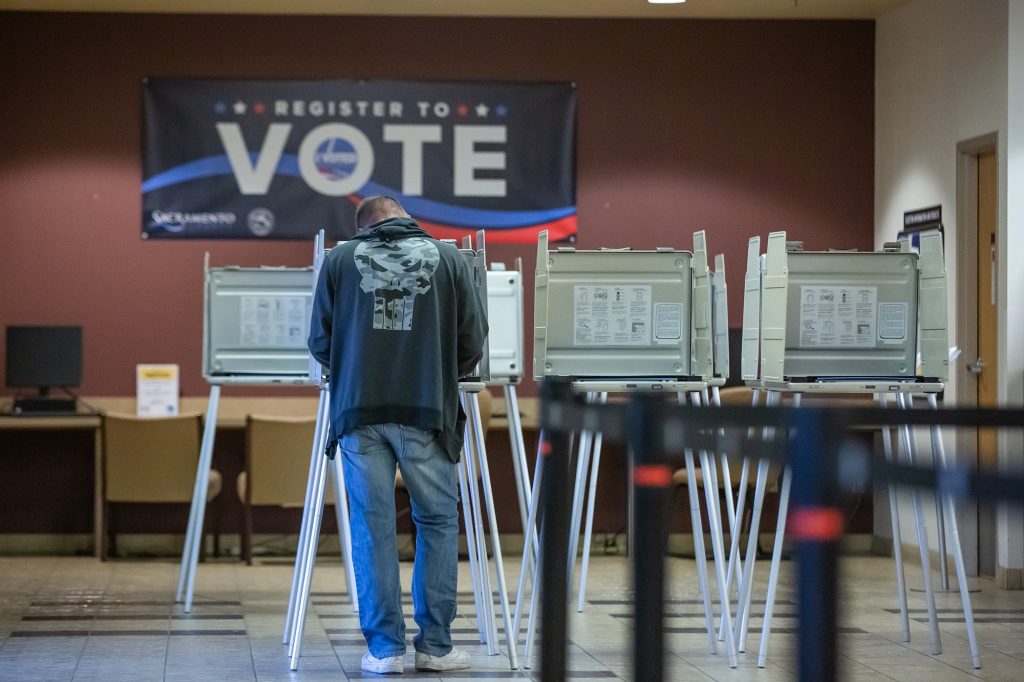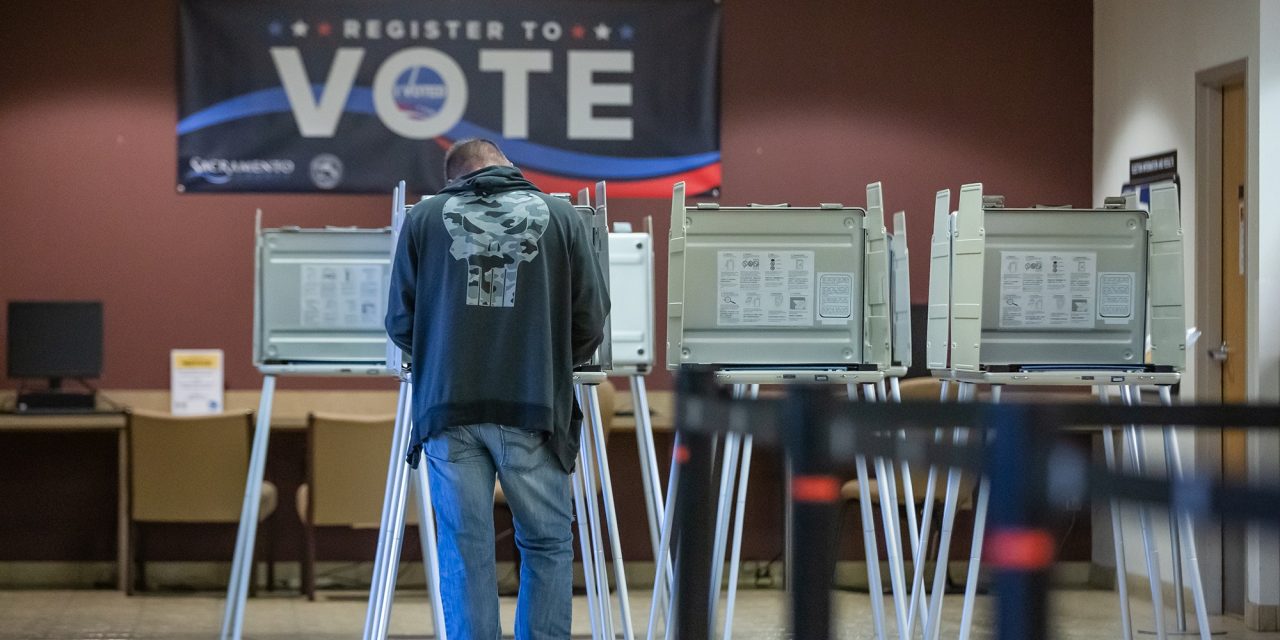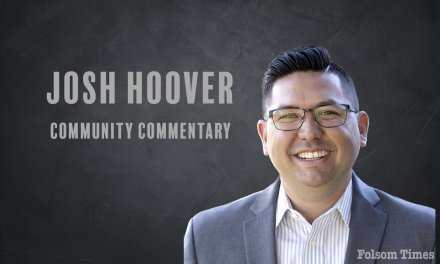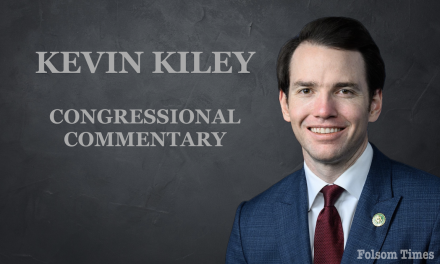The campaign text messages have stopped, and your recycling bin is finally empty of mailers. But while it’s not election season anymore, California lawmakers are still tinkering with how voting happens.
The number of election-related bills introduced this session — close to 50 — is average, election officials said. But that number has been whittled down since January, and this week’s policy committee deadline may narrow the active proposals more.
Some bigger measures failed early on — including a constitutional amendment that would have changed thestate superintendent of public instructionfrom an elected position to one appointed by the governor.
Sen.Scott Wiener, a San Francisco Democrat, dropped his effort to provide more detail to voters on who is funding ballot measures after the bill was heavily amended in committees. The amendments “reduced the impact to the point that it was no longer worth passing,” said Erik Mebust, spokesperson for Wiener’s office.
There has been little action yet on anotherconstitutional amendment, inspired by the2019 failed recall of Gov. Gavin Newsom, tolimit a recall ballot for statewide officialsto only asking voters “yes” or “no” on removing the official. Under the proposal, a recalled governor would be replaced by the lieutenant governor and others would be replaced in a special election.
And a bill that wouldspeed up vote counting by changing how mail ballots are processed is in limbo, having passed the Assembly but been sent to the Senate appropriations“suspense file.”
That issue has been a key focus for Kim Alexander, president of the nonpartisanCalifornia Voter Foundation, who says thestate’s notoriously slow resultsare not just embarrassing but bad for representation and voter confidence.
“The longer that it takes to determine a winner in a contest, the less time that winner has to prepare an agenda for their stint in public office,” she told CalMatters. “The longer that it takes to get the results out to the public, the more suspicious people become.”
She’s not surprised, however, that momentum for bigger election changes has diminished: “Unfortunately, people get really excited about election issues during and immediately following elections. And then you get to the start of the new year and folks might put that behind them.”
But there are still some proposals that could impact voting in 2024. Here are some of the key bills:
Making sense of the ballot
Ballot languagecan be confusing. Look no further thanProposition 8, which asked voters to ban gay marriage. Voting “no” meant voting “yes” on gay marriage, while voting “yes” meant gay marriagewould be disallowed.
The 2008 measure was approved by 52% of voters, then superseded by the U.S. Supreme Court’s 2012 ruling legalizing same-sex marriage nationwide. But it’s not the only example:Propositions 6and10on the 2018 ballot — a repeal on the state gas tax, and a rent control measure, respectively — drew similar confusion.
Assembly Bill 421, authored by Culver City DemocratIsaac Bryan, would simplify language on the ballot to make more clear what voters are deciding. When he introduced the bill,Bryan said its aim was to curb abuse of the ballot measure process — increasingly being used by wealthy corporations to overturn laws.
The 2024 ballot already includestwo such measures: one by the oil and gas industry to overturn a ban on new oil and gas wells within 3,200 feet of homes, schools, hospitals and other “sensitive” facilities; another by the fast food industry to overturn the law creating a state council to set wages and other workplace standards.
But the current version of the bill is vastly different than what was first introduced.
Originally, the bill sought to curb disinformation by requiring signature gatherers to disclose whether they are paid or volunteers; mandating training and registration with the Secretary of State’s office; and instituting a three-year ban if someone violates the law.
In its latest form, the bill focuses on one primary fix: clarifying ballot language for referendums to either say “keep the law” or “overturn the law.” It’s also now an urgency bill, so if it becomes law, it can take effect for new measures added to the 2024 ballot.
Bryan’s office did not make him available for comment on the amendments.
SEIU California, part of the Empower California Voters coalition backing this effort, says while it plans to continue fighting for further reforms to signature gathering, the bill still “responds urgently topain pointsreported by voters: confusing ballot language that is easily exploited by corporations spending their vast wealth to veto policies they don’t like,” Tia Orr, the union’s executive director, said in a statement to CalMatters.
“Under AB 421, voters’ ballots will match their intent,” she wrote. “We know that the best way to do this is a clear statement of what a voter is choosing: to keep or overturn the law. ”
Clearing up the language has strong bipartisan support among voters,according to a pollpublished in Juneby UC Berkeley’s Institute of Governmental Studies: 81% of registered voters said they supported clarifying whether a referendum’s intent is to uphold or overturn a law.
Poll respondents also supported other aspects of AB 421 that have now been gutted: requiring a portion of signatures for a referendum to be gathered by volunteers, a requirement that the top three funders of a referendum be disclosed on the signature pages and requiring paid signature gatherers to sign a statement saying they are giving voters accurate information.

Who draws your districts
Redistricting is the once-a-decade process of redrawing election districts after each Census to make sure each has the same number of people. But without guardrails in place, those who draw the maps can use the process to preserve their own power.
For legislative and congressional maps in 2010 and 2020, California adopted anindependent commissionto take the power out of the hands of elected officials. The idea has trickled down to some counties and cities, but because state law doesn’t require local independent commissions, local redistricting has varied widely, leading to some allegations of gerrymandered maps.
That’s why, this year, we’re seeing more bills to require independent redistricting — though some may overlap. All five bills passed through policy committees before this week’s deadline to stay alive for the session.




